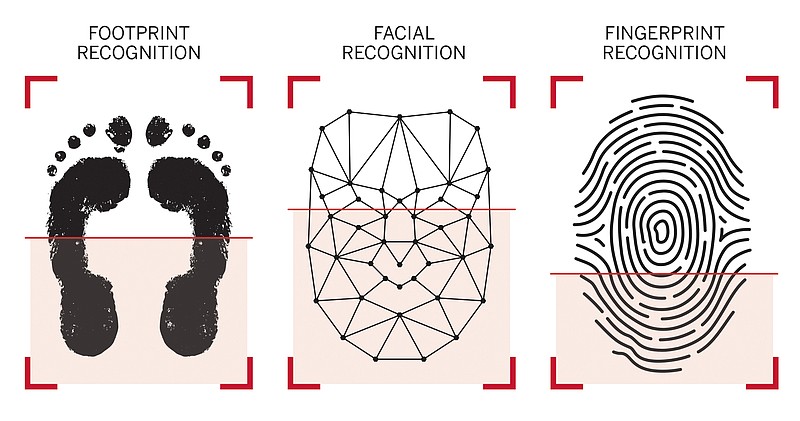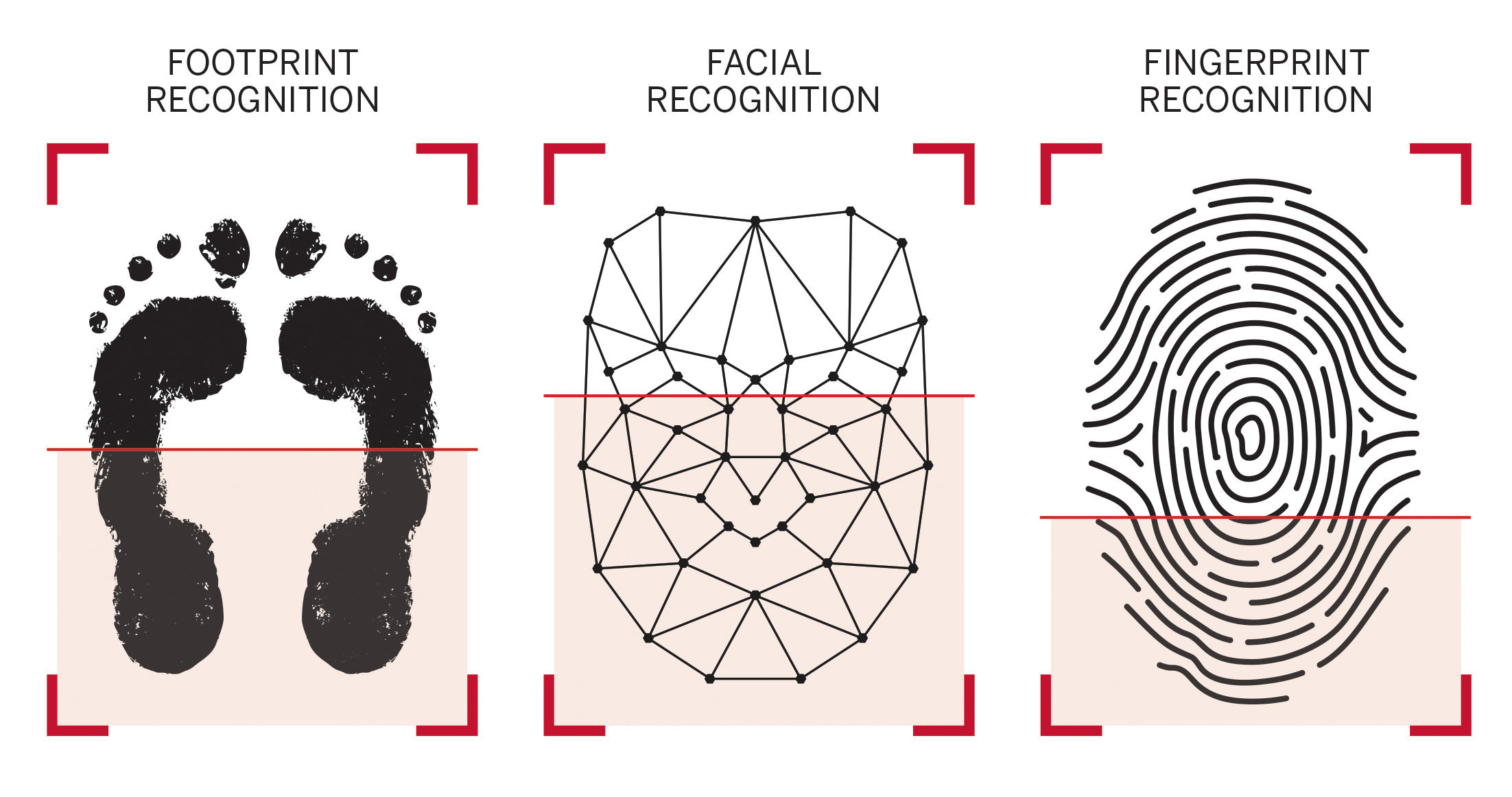Forget the passports, the travel documents, the photo IDs. Very soon, the only thing you'll need to do to catch a flight to the destination of your choosing is say 'cheese.'
More and more, airports around the world are working to speed up the boarding process using biometric technology, such as facial recognition systems, which can verify an individual's identity based on physical or behavioral characteristics.
Delta Air Lines opened the nation's first fully biometric terminal at Hartsfield-Jackson Atlanta International Airport in November, allowing passengers to breeze through check-in, luggage drop-off, TSA luggage checks and boarding lines by simply looking into a camera for fewer than 5 seconds.
In addition to simplifying the boarding experience, the technology also increases security, experts say. Passport fraud is not uncommon, and it's much harder to mimic the unique shapes that make up a specific individual's face, especially when the image is matched against the database compiled by U.S. Customs and Border Protection.
Facial recognition isn't the only biometric tech feather that aviation authorities hope will take air travel into the future. Here are some other innovations to be on the lookout for.
FINGERPRINT RECOGNITION
First it unlocked your phone; soon it may unlock your flight - or parts of the flight experience, anyway. Last year, Delta introduced fingerprint recognition technology for Delta Sky Club members, allowing them to access all 50 club lounges by placing their index and middle fingers on a scanner. The technology is powered by CLEAR, a biometric screening program that is already speeding up the boarding process for its customers in 24 airports across the U.S. After paying the annual subscription fee of $179, passengers can use a fingerprint or retinal scan to head straight to the X-ray machine, skipping the lengthy line they'd typically have to wait in to show a TSA agent their boarding pass and ID.
FOOTSTEP RECOGNITION
Did you know that the way you walk is just as unique as your fingerprint? According to researchers from The University of Manchester, each person's walking pattern can be singled out based on approximately 24 factors - making it possible to verify a passenger's identity simply by having him or her walk across a pressure pad. The footstep recognition system, developed by scientists at the UK-based university and the Autonomous University of Madrid in Spain, is still being tested, but if implemented, it could provide a non-intrusive method for crossing security checkpoints, especially for those uncomfortable with having their face scanned.

